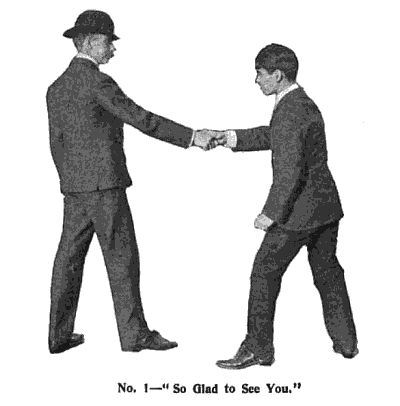
I’m a fairly detailed, action-oriented kind of guy. In fact, if you look at my DISC profile, I’m about as far away from the “people” side of the chart as you can get. But it’s not an excuse for me to be a jerk.
What it is an opportunity for me to understand how other people see me, and how might sometimes need to change my behaviour to be more effective in working with other people. Notice how I said “change my behaviour”.
Sometimes people seem to think that learning about communication styles and behavioural profiles is to learn how to manipulate people. The question they’re trying to answer is “How do I make other people do what I want?” The answer is “You don’t.”
What you can do is understand how and when changing your own behaviour makes you a more effective leader, team member, or follower. Where your own blind spots might be. To understand that it’s not always personal, or about you, or about them being a jerk, a liar, a bully, or a milk toast. Their perception of the world is different.
Stated more accurately, your perspective of the world is different from theirs. “They”, people who see the world differently, are in the majority. It’s not up to them to change.
I’m never going to be a Brian Mulroney or a Bill Clinton, with my own personal charismatic-reality-distortion-field. But I can learn to sit up straight, smile, speak clearly, and look people in the eye when I talk to them. In fact, I like to think I’ve done a pretty good job at that, and it’s made me better and more effective in my job.
What are your blind spots? How can you meet the rest of the world half way?
Filed under: behaviour, change, communications, emotional intelligence, influencing, relationships, self improvement, self-awareness, teamwork Tagged: communication, influence
